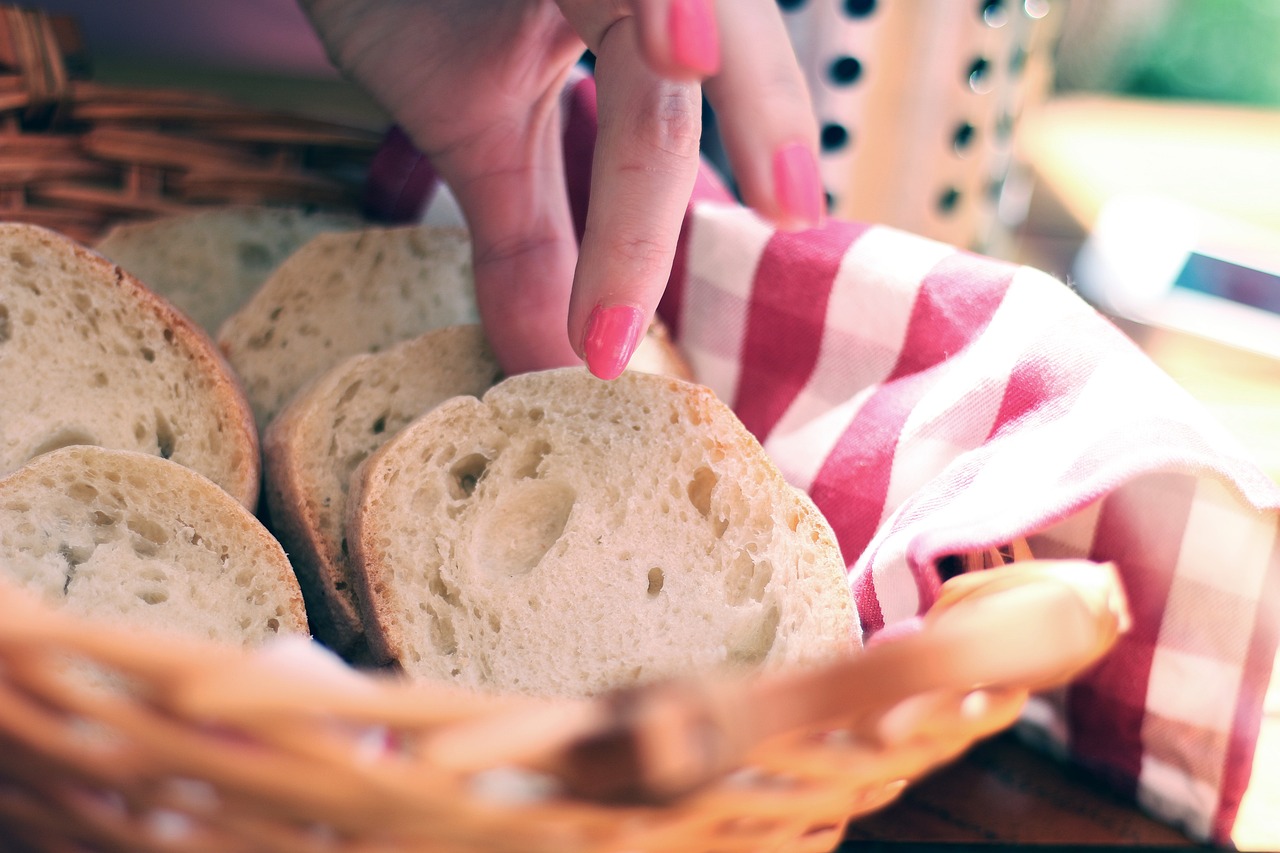It’s not just what you eat that matters, but also how you experience it. For people used to cutlery, trying the hands-on approach might be a whole new dining experience. If you’re interested in experimenting with the tactile art of eating, it’s better to understand the potential health advantages it holds.
The science behind eating with hands
According to Dr. Pallatheri Nambi Namboodiri, director of Nagarjuna Ayurveda Hospital in the southern Indian state of Kerala, eating with hands contributes to maintaining a balanced metabolism, a crucial factor for overall well-being. When using hands, every sense receives nourishment.
“Health depends upon how good one’s agni (metabolism) is. Even while explaining treatment in Ayurveda, it has been mentioned that protecting the metabolism is the key to all treatments. Once the metabolism is kept balanced, a person stays in balance. When we discuss optimum health, contented sense is also an integral part of it. All our senses are equally fed and contented for good health,” Dr. Namboodiri told Medical Daily.
“Touch is a very important sense attributed to health. When we eat food, we see food, smell food, and also talk about food. All the four senses take part in the process. If we eat with our hands, we also include the tactile sensation,” he said.
Regarding the potential benefits, Dr. Namboodiri pointed out that mixing food with hands is the best way to bring out the right taste, which has its therapeutic benefits in balancing the “tridoshas” (three fundamental energies that govern human bodies, called “vata,” “pitta” and “kabha” in Ayurveda).
“Taste recognition of different textures happens when we use our hands to feel food. Feeling food first with the fingers helps us ascertain the temperature of food (too much hot or cold food on the tongue is not good for the taste buds). It is also beneficial in improving fine movement coordination,” Dr. Namoboodiri explained.
Here’s what studies say
A 2019 study, published in the Journal of Retailing, found that when people with good self-control touch food directly with their hands instead of using cutlery, they not only find it tastier and more satisfying but also eat more of it.
“Our results suggest that for people who regularly control their food consumption, direct touch triggers an enhanced sensory response, making food more desirable and appealing,” said researcher Adriana Madzharov from Stevens Institute in New Jersey.
Eating with hands helps one pick up useful information about the food, including its freshness, ripeness and temperature, according to a 2022 study published in the International Journal of Gastronomy and Food Science.
Studies show that eating fast causes blood-sugar imbalances in the body and raises the risk of diabetes in people. When a person uses their hands, it will slow down the pace of eating as it is a more conscious process. This gives the brain enough time to respond when full, improve digestion, and balance blood sugar.
Older adults with motoric eating difficulties might find it difficult to manage cutlery, manipulate food on the plate and transport food to the mouth. Eating with hands and switching to finger foods might be beneficial for them.


